
October 23, 2025
Discover how Mix Master strengthens your brain just like an instrument - training focus, creativity, and emotional intelligence through the science of sound.
Read more.png)
September 8, 2025
Tools like Suno are now powerful enough to generate melodies, lyrics, and even full songs in seconds. That’s exciting—and controversial. Just ask Timbaland. Recently, he came under fire..
Read more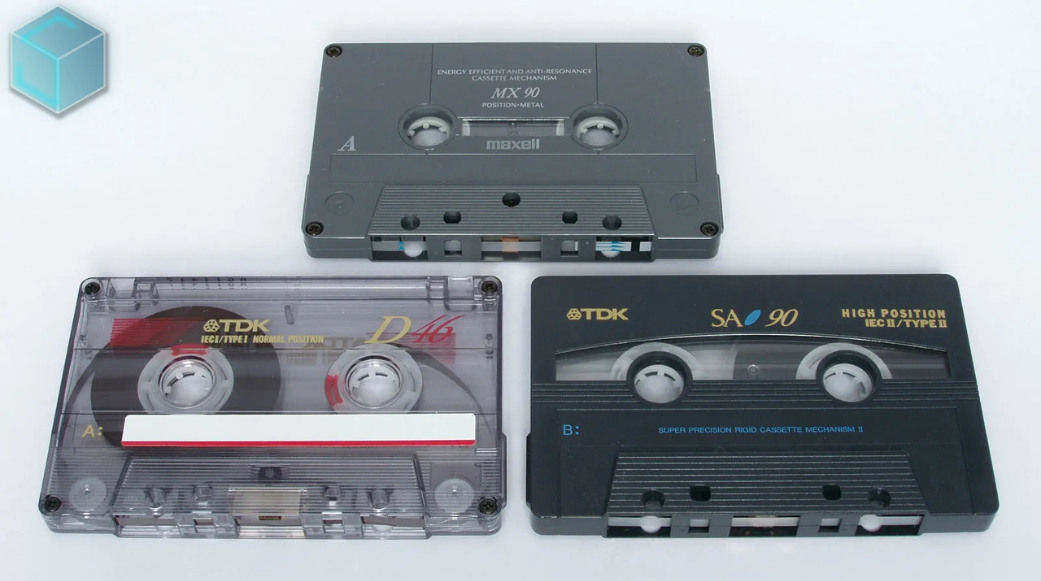
August 23, 2025
The 1980s and 1990s analog music medium known as cassette cassettes is experiencing an unanticipated comeback, with Gen Z spearheading the trend. Taylor Swift, who included cassettes in the release...
Read more
August 23, 2025
This week's most notable headline: Doja Cat's erotically charged, '80s-inspired music video, "Jealous Type," is dominating social media feeds and cultural discourse, marking her most daring...
Read more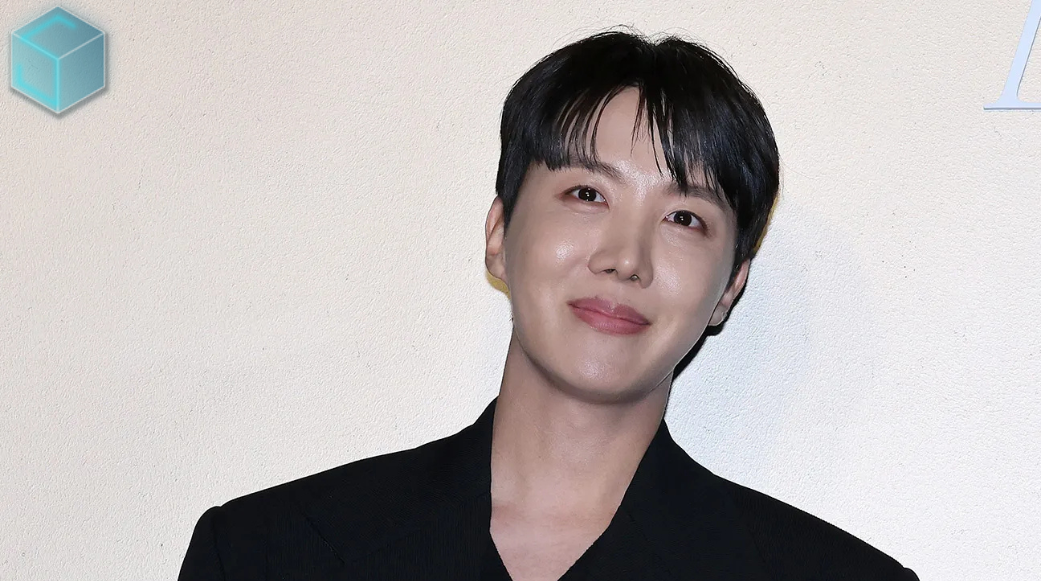
August 23, 2025
J-hope and GloRilla's "Killin' It Girl," a spectacular blend of K-pop flare and shameless hip-hop heat that has taken the world by storm, is this week's winner of the Best Collaboration of Summer...
Read more
August 23, 2025
Carly Rae Jepsen is giving fans the ultimate gift for the 10th anniversary of her critically adored album Emotion: a special edition featuring four never-before-heard tracks and two fresh remixes...
Read more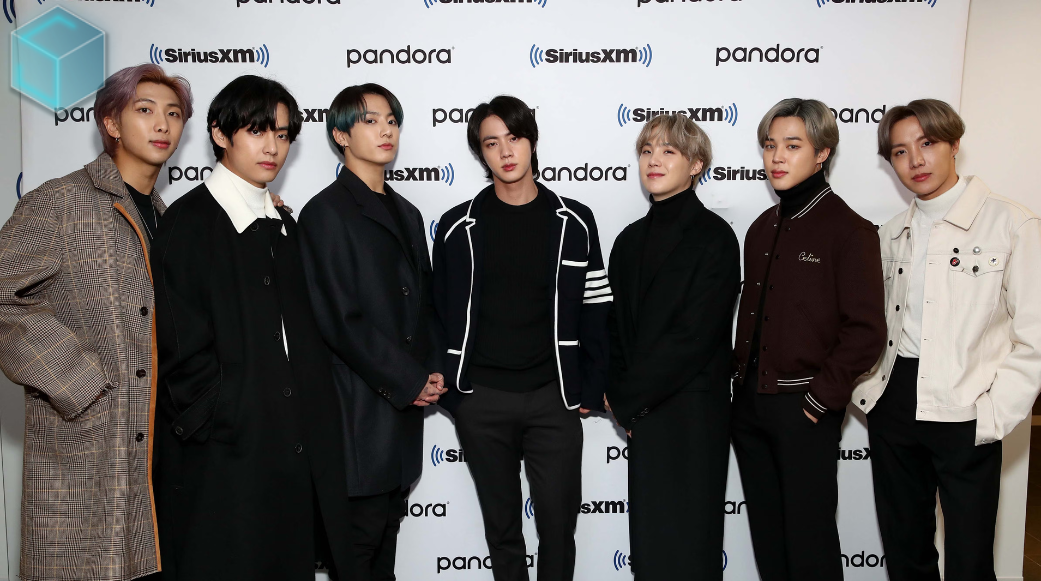
August 23, 2025
The wait is over, ARMY! BTS is officially back together and balancing work and play in their first moments of reunion after completing mandatory military service. J-Hope sent fans into a frenzy...
Read more
August 23, 2025
Christian music stepped outside of its quiet comfort zone in 2025. "Hard Fought Hallelujah," a worship song by Brandon Lake, went platinum, sold out festival stages, and exploded from churches to...
Read more
August 23, 2025
In late July 2025, Christian artist Forrest Frank (of Surfaces, now a solo juggernaut in faith-pop) posted from a hospital bed: he’d fractured his L3 and L4 vertebrae in a skateboarding accident...
Read more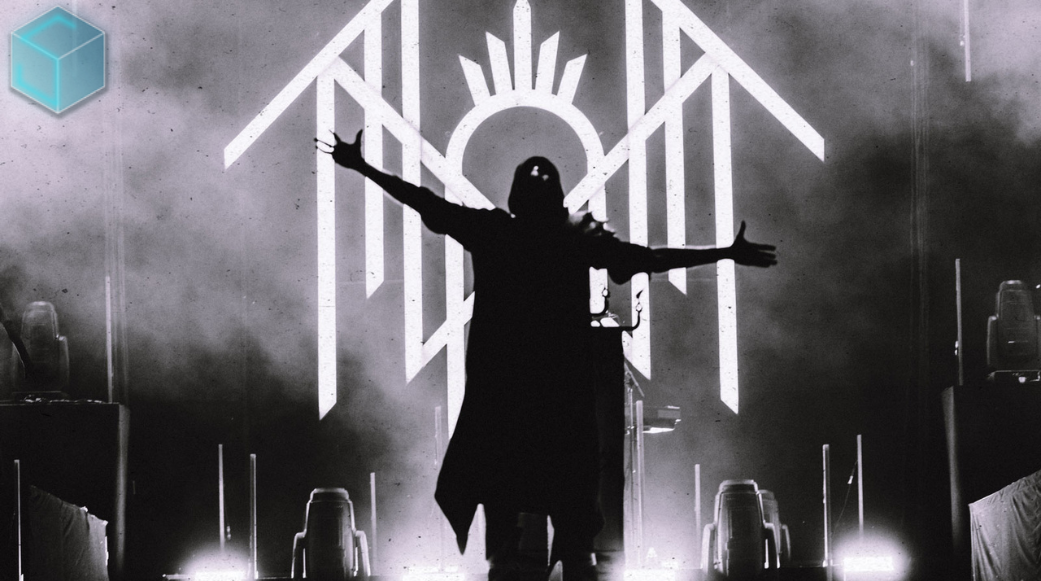
August 21, 2025
On September 16, the masked metal phenomenon Sleep Token will embark on their 2025 "Even In Arcadia Tour" across North America. The 18-show tour, which includes a huge date at Brooklyn's Barclays...
Read more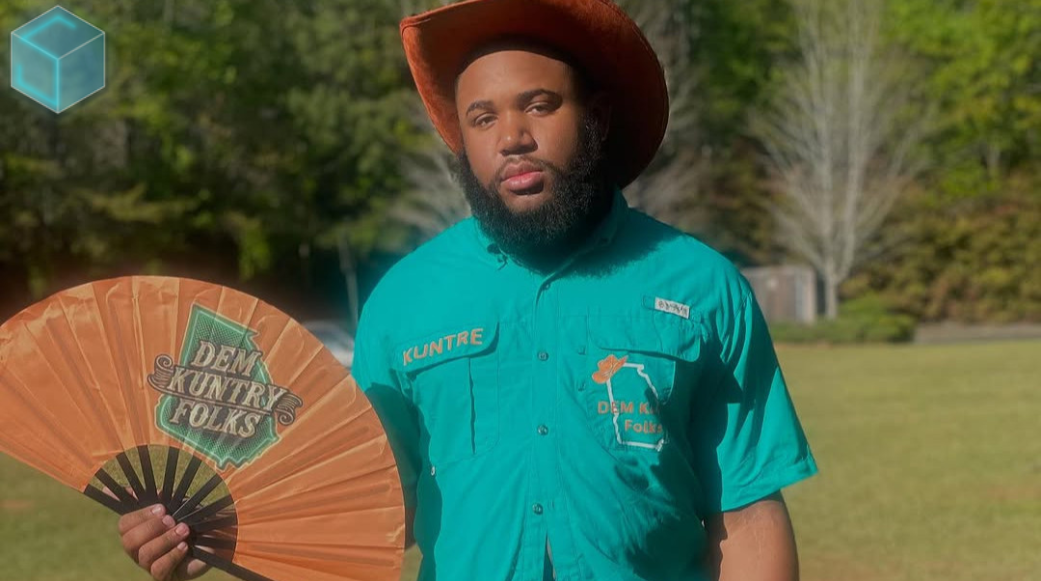
August 21, 2025
Due to a line dance that went viral and won over fans' hearts both inside and outside of the United States, 22-year-old Tre Little's song "Boots on the Ground" has become a cultural sensation this...
Read more
August 21, 2025
In addition to preparing for her next album, The Life of a Showgirl, Taylor Swift is reviving the physical medium this week by putting her songs on cassette tapes. This sentimental action...
Read more
A recent report commissioned by the International Confederation of Societies of Authors and Composers (CISAC) has raised alarms within the music industry, predicting that the rise of generative artificial intelligence (AI) could lead to a 24% reduction in musicians' revenues by 2028. This decline, estimated at €22 billion over five years, is attributed to AI-generated content increasingly replacing original works, posing significant challenges to the livelihoods of music sector workers.
The CISAC report highlights the rapid advancement of AI technologies capable of producing music that mimics human composition. While these innovations offer new creative possibilities, they also threaten traditional revenue streams for musicians and composers. The ease with which AI can generate music has led to concerns about the unauthorized use of artists' work, prompting legal actions against AI startups like Suno and Udio for allegedly infringing on copyrighted material.
The projected €22 billion loss underscores the potential economic impact on the music industry. As AI-generated content becomes more prevalent, the demand for original compositions may decline, leading to reduced income for creators. This shift not only affects individual artists but also has broader implications for the industry's economic health, potentially resulting in job losses across various sectors, including production, distribution, and live performance.
In response to these challenges, industry leaders like Björn Ulvaeus, co-founder of ABBA and president of CISAC, are advocating for regulations to protect creators' rights and ensure fair compensation. Ulvaeus emphasizes the necessity of establishing guidelines that address the ethical use of AI in music creation, aiming to balance technological innovation with the preservation of artists' livelihoods.
The music industry stands at a crossroads, facing the dual challenge of embracing technological advancements while safeguarding the economic well-being of its workers. Proactive measures, including regulatory frameworks and industry-wide collaborations, are essential to mitigate the potential negative impacts of AI on employment and revenue. By addressing these issues head-on, the industry can strive to create an environment where technology enhances rather than diminishes the value of human creativity.